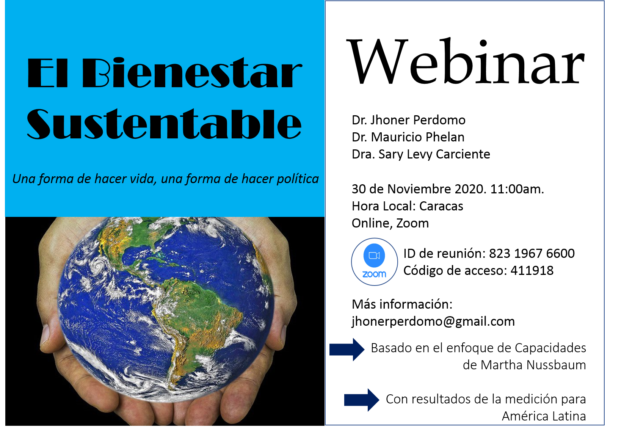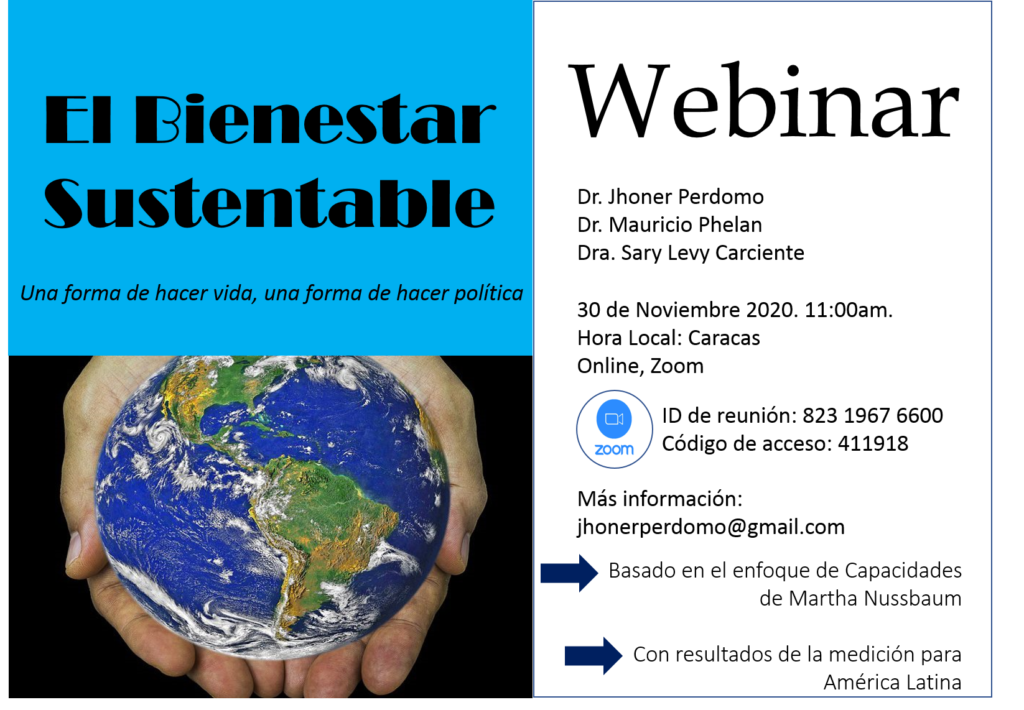There is no doubt that poverty and wellbeing are multidimensional concepts that go well beyond monetary values. The UN, the World Bank, and dozens of countries around the world have developed their own multidimensional measures of poverty and deprivation to reflect this reality, guide policy, and monitor progress. Could this transformative approach be relevant for the US, whose official monetary poverty measure was developed over 50 years ago? This webinar brings key researchers together to answer this question with the help of the latest research on multidimensional poverty in the US and Europe.
Brian Glassman will begin with a discussion of his new paper, "The Census Multidimensional Deprivation Index: Revised and Updated," which analyzes the Multidimensional Deprivation Index, released by the Census Bureau. Shatakshee Dhongde will discuss her new paper, "Decade-Long View of Multidimensional Poverty in the United States," which provides a comprehensive analysis of trends in multidimensional poverty in the United States. Sabina Alkire will present her new paper “Chronic Multidimensional Poverty in Europe,” which develops contrasting measures for advanced economies, and applies them to the case of Europe. We invite you to join us for this engaging and important discussion.
The Census Bureau released a report on Multidimensional Deprivation using the American Community Survey in the spring of 2019 for the years 2009 through 2017. The Multidimensional Deprivation Index (MDI) consisted of six dimensions: standard of living, health, education, economic security, housing quality, and neighborhood quality. The purpose of Dr. Glassman's paper is twofold: first, to improve the measurement and definition of the health, economic security, housing quality, and neighborhood quality dimensions in order to provide revised estimates for the years 2010 through 2017, and second, to add two new years of data, 2018 and 2019, to the MDI.
Dr. Dhongde's paper provides, for the first time, estimates of multidimensional poverty for more than a decade, from 2008 to 2019, which covers the Great Recession and the recovery following the recession when major policy changes such as the Affordable Care Act were implemented. We measure annual changes in poverty levels, across states and among demographic groups by age, gender, income, and race. Multidimensional poverty is estimated using data on individuals and their households from the American Community Survey, the largest household survey conducted by the United States Census Bureau. We find that about 13 percent of the United States population was multidimensionally poor. In the midst of the Great Recession, more than 15 percent of population was multidimensionally poor, but this proportion consistently declined during the recovery period and by 2019, only about 10 percent were multidimensionally poor. Multidimensional poverty was high among individuals with income just above the poverty line. The fact that only 5.5 percent of multidimensionally poor were also income poor underscores our intuition that income does not always capture deprivation experienced by individuals. Policies geared towards affordable housing, health insurance and higher education will help reduce multidimensional poverty in the United States.
About the speakers:
Shatakshee Dhongde is an Associate Professor in the School of Economics and Director for Graduate Teaching and Training at the Georgia Institute of Technology. She is also a research affiliate with the Institute of Research on Poverty at the University of Wisconsin, Madison. Her research focuses on analyzing economic growth, inequality, poverty, and multidimensional deprivation. She has been published in several economic journals, including the Journal of Income Distribution, Oxford Bulletin of Economics and Statistics, Social Science Research Network, and Brooks World Poverty Institute. Her research on measuring deprivation in the U.S. has been highlighted in national media, such as NPR, and she has provided research papers to several institutions, including the International Monetary Fund and the World Institute for Development Economics Research. In 2012, she was awarded the Nancy and Richard Ruggles Prize by the International Association for Research in Income and Wealth, which is given for the best research paper by a young scholar under the age of 35. She has also received the Ivan Allen Jr. Legacy Award at Georgia Tech, was a fellow with the Society for Economic Measurement, and was a Provost Teaching and Learning Fellow at Georgia Tech. She received her M.A. from the Gokhale Institute of Politics and Economics in India and her Ph.D. from the University of California, Riverside.
Brian Glassman is an economist in the Social, Economic, and Housing Statistics Division of the U.S. Census Bureau. Since joining the Census Bureau in 2015, he has published numerous working papers for the Poverty Statistics Branch. Some of his featured work this year includes “The Multidimensional Deprivation Index Using Different Neighborhood Quality Definitions,” “An Analysis of the Gender Poverty Gap Using the American Community Survey,” and “The Supplemental Poverty Measure Using the American Community Survey.” Additionally, he has working papers awaiting review by the Journal of Urban Studies, the Review of Regional Studies, and the Eastern Economic Journal. His other associations include the American Economic Association, Western Economic Association, and Southern Economic Association. His fields of interest include urban economics, labor economics, poverty and income inequality, and applied econometrics. He received his B.A. in Political Science from the University of Maryland, his M.P.P. in Public Policy from the College of William and Mary, his M.A. in Economics from Temple University, and his Ph.D. in Economics from Temple University. He was also an adjunct professor at Temple University from 2011-2015 and an adjunct professor at Widener University from 2012-2013, specifically teaching courses in Microeconomics and Macroeconomics at both institutions.
Marianne Bitler has a BS in Mathematics from Penn State and a PhD in economics from MIT. She is a professor in the UC Davis Department of Economic and a Research Associate at the National Bureau of Economic Research. Professor Bitler's research focuses on the effects of government safety net programs on disadvantaged groups, economic demography, health economics, public economics, and the economics of education, with a particular focus on food assistance programs. Before coming to UC Davis, she was a professor of economics at UC Irvine. She recently served as the chair of a National Academy of Sciences CNSTAT Panel on Improving Consumer Data for Food and Nutrition Policy Research for the Economic Research Service, USDA and she is a co-editor of the American Journal of Health Economics.
Sabina Alkire directs the Oxford Poverty and Human Development Initiative (OPHI). She is the Associate Professor of Development Studies in the Oxford Department of International Development at the University of Oxford. Her research interests include multidimensional poverty measurement and analysis, welfare economics, the capability approach, the measurement of freedoms and human development. From 2015–16, Sabina was Oliver T Carr Professor of International Affairs and Professor of Economics at George Washington University. Previously, she worked at the Global Equity Initiative at Harvard University, the Human Security Commission, and the World Bank’s Poverty and Culture Learning and Research Initiative. She holds a DPhil in Economics from the University of Oxford.
Sophie Mitra is professor of economics and founding director of the Research Consortium on Disability at Fordham University in New York City. She has studied the economic impact of disability and mental illness, the effects of social protection programs, multidimensional poverty, the association between disability and poverty, the definition of disability. Sophie Mitra has held visiting positions at Columbia University and the École des Hautes Études en Sciences Sociales (School of Advanced Studies in the Social Sciences). She received her doctorate in economics from Université Paris 1 Panthéon-Sorbonne.
This webinar will be moderated by IIEP Co-Director James Foster, Oliver T. Carr Professor of International Affairs and Professor of Economics, along with Sabina Alkire, Director of the Oxford Poverty and Human Development Initiative. This event is co-sponsored by the Oxford Poverty and Human Development Initiative and the Institute for International Economic Policy at GWU.



